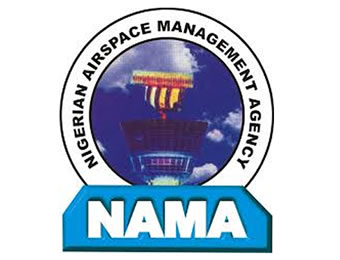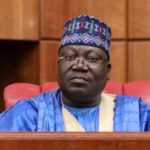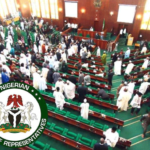DETERMINED to equip airspace managers across the country’s airports with global trends in strategic air traffic management and also building their capacity for seamless airspace operations in their various domains, the Nigerian Airspace Management Agency (NAMA) has concluded plans to train the space managers on global air navigation plan.
The Managing Director of NAMA, Mr Matthew Lawrence Pwajok, made the announcement in Port Harcourt during this year’s Airspace Managers’ Forum early in the week.
Pwajok, who said it had become imperative that Airspace Managers in Nigeria’s airports were kept abreast of global trends in airspace management noted, “as aviation is global, there is no Nigerian aviation standard. We are not operating in isolation and so we are maintaining international standards. We are benchmarking and implementing the International Civil Aviation (ICAO) Standards and Recommended Practices (SARPs).”
According to Pwajok, the training would expose managers to Global Air Navigation Plan, Regional Air Navigation Plan and National Air Navigation Plan just as it would keep them acquainted with the Civil Aviation Policy which he described as the framework that guides operations nationally.
“You must also be kept abreast of the Aviation Roadmap or Masterplan of the Federal Government; our Communication, Navigation, Surveillance/Air Traffic Management (CNS/ATM) Masterplan and the milestones towards attaining these master plans because these are frameworks within which we are expected to operate in carrying out our statutory function as the nation’s airspace manager.”
The NAMA boss said Airspace Managers needed to be top-notch in understanding the national air navigation plan as it relates to the implementation strategies, milestones, timelines, and technology roadmaps for achieving the national plan and the strategic position of NAMA in the entire plan, even as he solicited for their buy-in to ensure successful implementation.
With the increased pressure on the aviation industry at the global, regional and national level following the growth in passenger and cargo, Pwajok emphasised the need for the agency to grow capacity to be able to cope with the increasing traffic.
He added that insecurity, expansion in the economy and the upsurge in political activities in Nigeria have also accounted for increased demand for air travel, hence the need for strategic air traffic management that would ensure seamless operations.
He however, cautioned managers at airports with limited hours of operations not to turn down requests for extension of services “especially at this period of electioneering as this could be given political colouration.”






